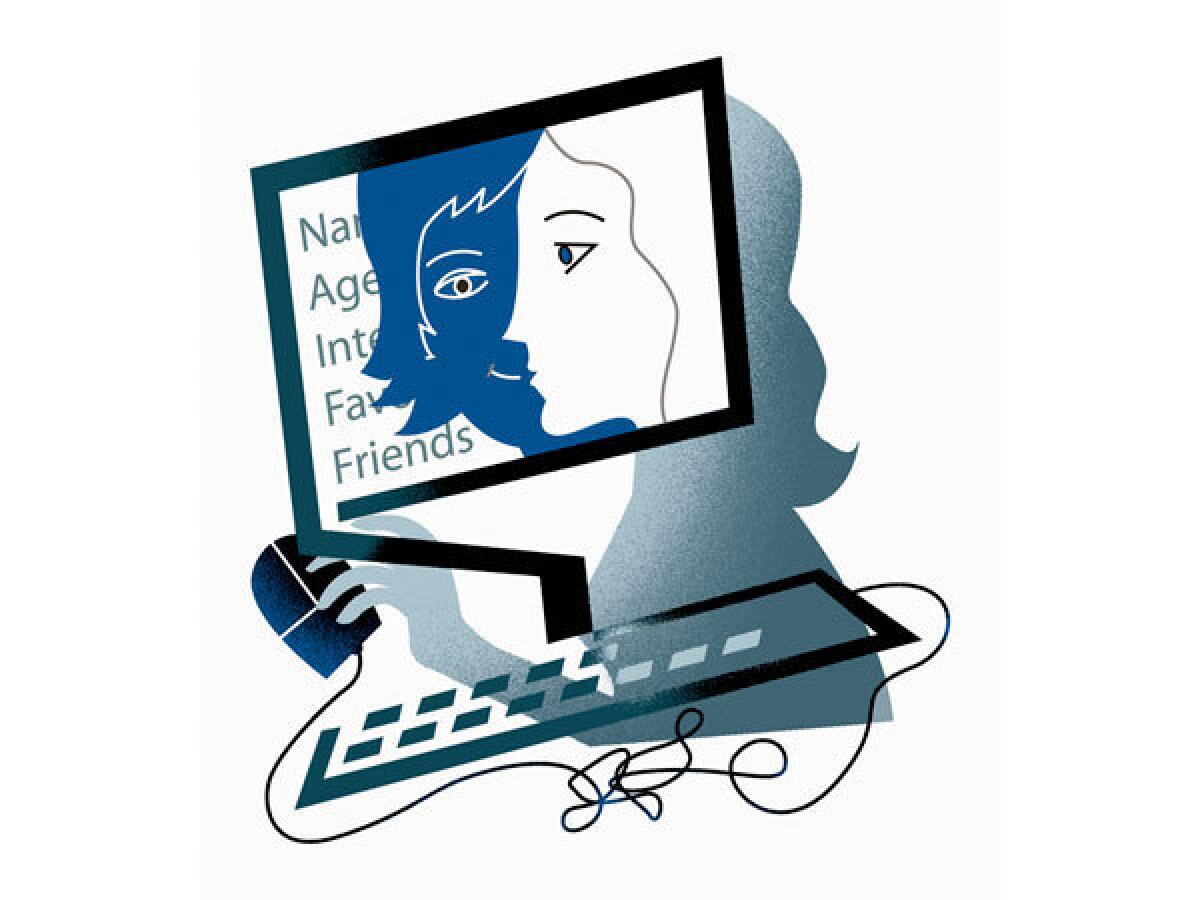Study: Facebook profile beats IQ test in predicting job performance

Can a personâs Facebook profile reveal what kind of employee he or she might be?
The answer is yes, and with unnerving accuracy, according to a new paper published in the Journal of Applied Social Psychology.
And if you are smugly thinking to yourself, âIâve carefully wiped my Facebook page of any incriminating photos, comments and wall posts,â â well, it turns out you may still not have hidden your true nature from future employers: On a rating scale that examines key personality attributes that indicate future job success, you might get rated high in conscientiousness and possibly low on extroversion.
Other things a prospective employer might be able to glean from your Facebook profile is openness to new experiences (vacation pictures from a glacier off New Zealand), emotional stability (are your friends constantly offering you words of comfort?), and agreeableness (are you constantly arguing with âfriends?â)
In a series of two studies conducted by researchers at Northern Illinois University, the University of Evansville and Auburn University, six people with experience in human resources were asked to rate a sample of 500 people in terms of key personality traits using only the sample groupâs Facebook pages as a guideline.
The raters were told to spend roughly five to 10 minutes with each personâs Facebook page, and work on the project for no longer than one and a half hours per day to avoid fatigue. They were asked to rate members of the sample group on what is known as the âBig Fiveâ personality traits, which includes extroversion, conscientiousness, emotional stability, agreeableness and openness to new experiences. High scores on these traits are generally accepted by human resources managers as an indication of future good job performance.
Members of the sample group were asked to give a self-evaluation and took an IQ test. In one study, researchers followed up with the employers of people in the sample group six months after their personality traits were rated, to ask questions about job performance.
The researchers found that the raters were generally in agreement about the personality traits expressed in the sample groupâs Facebook page, and that their ratings correlated strongly with self-rated personality traits. More importantly, they also found that the Facebook ratings were a more accurate way of predicting a personâs job performance than an IQ test.
Although the study does suggest that looking at a job applicantâs Facebook page can prove useful for employers, Donald Kluemper, the lead researcher on the study, said employers need to tread carefully here.
A Facebook page can provide a lot of information that it would be illegal for an employer to ask of a candidate in a phone interview. For instance, a personâs gender, race, age and whether they have a disability might all be visible on that personâs Facebook page.
Still, a 2011 study conducted by the social media service Reppler found that 90% of recruiters and hiring managers look at an applicantâs Facebook page whether they should or not.
âThis was an effort to provide some evidence that checking on a personâs Facebook page might be valuable and might be useful,â Kluemper said. âBut I wouldnât go so far as to say that one study should be used as a reason to start using Facebook in hiring.
âAny other selection tool that is out there has been studied hundreds of thousands of times. Basically, there needs to be a lot more work done in this area.â
ALSO:
Google âsmart glassesâ reportedly launching this year
Flying squid: The rocket science behind cephalopods
Nomophobia -- fear of being without your phone -- is on the rise





